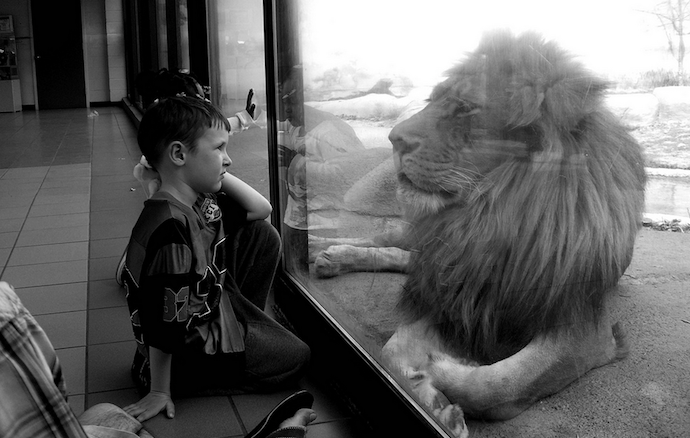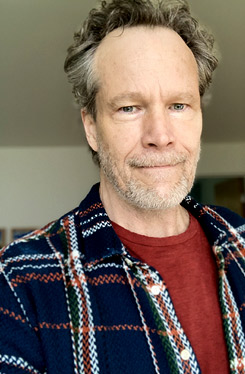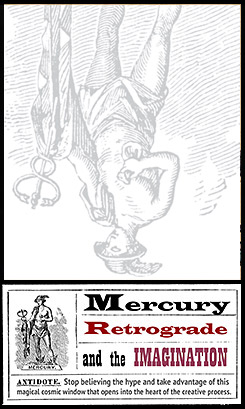New Moon Watch: Cancer Partial Eclipse
The Atrophy of Private LIfe
In the heavy fashion magazines strewn here and there around the house the photos of objects and people mouth the word “money,†but you, assuming no one wants you anymore, mishear the message as “meaning.†Arousal follows. The lives of the rich are so fabulous! The destruction of the poetical lies heavily on their hands, as on their swollen notion that we are always watching. There is nothing behind the mask. Nothing suffocating under its pressure, no human essence trying to get out.
Awareness, always awareness. Don’t you see how these elaborate masks are turning you into a zombie? The private life is not for the eye but for the endless interior. It is trying to push all this crap aside and find the missing line. Nobody, least of all the future, cares about the outcome of this quest.
It is easy to lose, through meddling or neglect, an entire aspect of existence. And sometimes, to cultivate a single new thought, you need not only silence but an entirely new life. 
—Jennifer Moxley
Martha Heyneman on Understanding

“Understanding evolves in the same way as natural systems do. Each new level, whether of being or of knowledge, encompasses all the previous levels and manifests the inauguration of the dominion of a still more powerful — at the same time more concentrated and more comprehensive — unifying principle. It is as if, as the reach of its organizing power encompasses more and more diversity, the unifying principle itself goes deeper and deeper, approaching closer and closer to the center and unifying principle of the Whole.”

“This evolutionary process is not continuous but proceeds, when a system reaches a state far from equilibrium, by sudden leaps, as if by inspiration or revelation. The moment of the leap, from atom to molecule, from molecule to cell, from cell to organism, resembles those moments when, after long and anguished searching, there leaps into the mind of the scientist (from he knows not where) a theory that brings into order a vast realm of formerly unrelated data; or into the awareness of the poet the presentiment of a poem — the almost physical sensation that there is now something inside him that will give him no rest until he succeeds in bringing it to birth and precise articulation, and within whose form all the contradictory experiences of his life up to this time will take their places in harmonious relationship so that, at last, their meaning will be revealed to him.”
— Martha Heyneman from The Breathing Cathedral
Photograph The Boy and the Lion by Elizabeth Sarah.


















